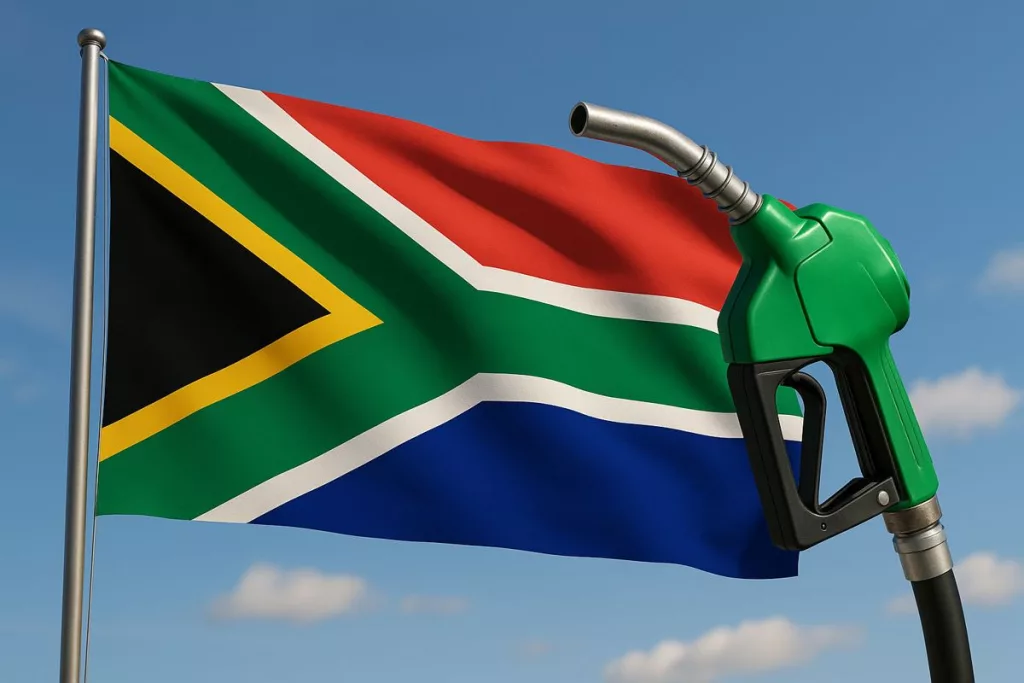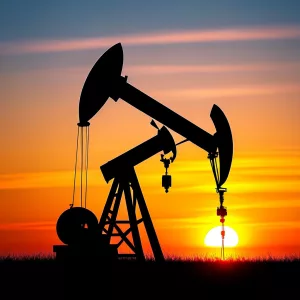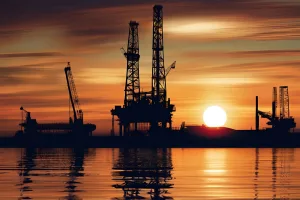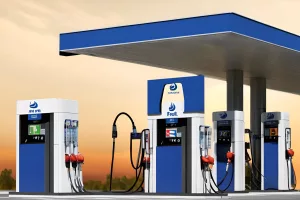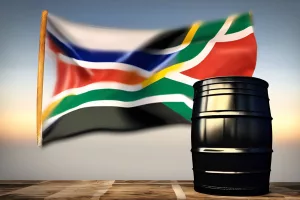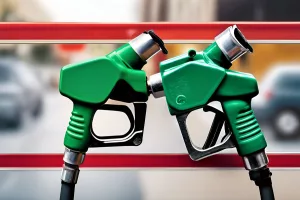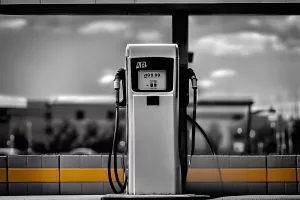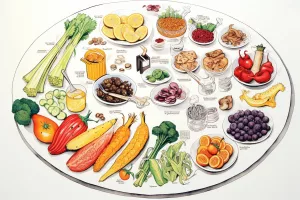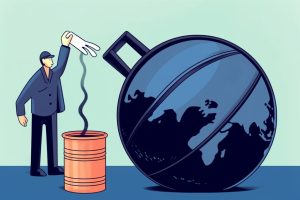Good news for drivers in South Africa! Starting January 7, 2026, fuel prices are going down. Petrol will be a little cheaper, but diesel will see a much bigger price drop, saving drivers lots of money. This happens because world oil prices are lower and the South African currency is stronger. So, enjoy the savings, but remember this good deal might not last forever!
Good news for drivers in South Africa! Fuel prices might drop in May, giving some muchneeded relief to those feeling the pinch at the pump. This possible decrease comes from falling international oil prices and a stronger rand, which makes fuel cheaper. Recent data shows that there’s been a significant overrecovery in fuel prices, hinting at a second month of savings. As people fill up their tanks, they can feel a glimmer of hope amidst the ups and downs of the economy and global trade.
Great news for South African drivers! Starting April 2, 2025, fuel prices are set to drop, bringing happiness to many. Petrol prices will go down by 58 cents for 93 octane and 72 cents for 95 octane, while diesel will drop by an impressive 86 cents per litre. This price cut means families can travel more easily, and it helps small businesses too, making life a bit easier for everyone. It’s a welcome boost that connects people and encourages more adventures across the beautiful landscapes of South Africa!
Fuel prices in South Africa are set to rise slightly as March 2025 approaches, influenced by global oil supply, local economic policies, and international events. Petrol 93 will increase by 23 cents per liter, while Diesel prices will show mixed changes. These price shifts are not just numbers; they affect everyday life, from grocery costs to transportation. Despite the challenges, South Africans are finding creative solutions, like using local transport cooperatives and exploring renewable energy, to adapt to these changes and navigate the unpredictable fuel market.
Fuel prices in South Africa have recently dropped, bringing some muchneeded relief to shoppers and businesses. Over five months, prices fell by about R4, with petrol and diesel seeing reductions between R1.06 and R1.14 per liter. This decrease means lower transportation costs, which could help reduce the prices of everyday items. However, challenges remain, especially for the taxi industry, which struggles to stay profitable without government support. As we celebrate this decline, it’s also a reminder to think about our future and how we can use energy more sustainably.
A Sigh of Relief: The Downward Slope of Fuel Prices in South Africa Amid Economic Uncertainty
Good news for South African consumers as fuel prices have dropped unexpectedly due to the convergence of the international oil price and the strength of the rand against the US dollar. Petrol prices have dropped by 92 cents per litre and diesel prices by between 79 and 107 cents per litre. This reduction in fuel prices could result in significant savings for the average consumer during this phase of economic uncertainty.
South Africa’s oil and energy sector is expected to experience price reductions in August due to a subdued oil price and a stable rand. However, any substantial depreciation of the rand or a rapid rise in oil prices could modify these numbers. The slight reduction in fuel prices reflects the complex interplay of global economic forces, local fiscal strategies, changes in consumer behavior, and technological advancements.
South Africa is expecting another reduction in petrol prices in July, with a predicted drop of over R1 per litre for petrol and a decline of between 48 and 55 cents per litre for diesel. The decrease is due to an anticipated decline in economic activity in developed markets, the cost of oil falling to $82 per barrel, and signs of minor weakening in the rand due to political instability. However, ongoing conflicts in the Middle East and an increase in driving activity during the summer season may cause fuel prices to bounce back.
South Africans are facing contrasting financial shifts this week, with the arrival of social grant payments providing some relief, but rising fuel prices presenting a new financial hurdle for motorists. The government is aiming to strengthen the Covid19 Social Relief of Distress Grant and match social grants with inflation, but Finance Minister Enoch Godongwana acknowledges the limits of the country’s financial aid. South Africans are urged to stay informed and adapt to the economic realities, drawing on their resilience and perseverance to navigate through the changes.
South Africa’s fuel prices are subject to a complex web of factors, including the international oil market, exchange rates, taxes, and levies. The government’s “slate levy” system aims to balance global and local fuel prices, while regional differences also impact the cost of fuel. Changes in fuel prices have a significant impact on the economy and household budgets, with social media platforms reflecting public sentiment on the issue. Despite the uncertainty of the volatile oil market, South Africans remain resilient in the face of fluctuating fuel costs.
Discover the enchanting city of Cape Town through its art, food, and entertainment in this feature that highlights the city’s vibrant culture, stunning views, and exciting events. Join foraging workshops at Veld & Sea, heed the warnings about smashandgrab incidents, and celebrate the rebirth of South African Airways. Delight in the return of beloved fish spreads at Pick n Pay and indulge in the culinary creations of Franschhoek Creates. Don’t miss out on the Galileo Open Air Cinema and the sweet gift given to rugby star Ox Nche.
South Africa’s Minister of Mineral Resources and Energy, Mr. Gwede Mantashe, has recently announced fuel price adjustments that will take effect from the 7th of June 2023. These adjustments are conducted on a monthly basis and are based on a range of local and international factors.
Lagos, one of the world’s most populous cities, is home to around 20 million people. Commuting within the city has always been a notorious challenge, but the recent spike in fuel prices has made life even more difficult for its residents. On May 29th, 2023, following the swearingin of President Bola Tinubu, fuel prices in Nigeria almost tripled as the government announced the removal of subsidies.
On April 5, South African fuel prices will see some changes. According to the Department of Mineral Resources and Energy, diesel prices will decrease by over 73 cents per liter. At the same time, 93 unleaded petrol will see a marginal 1cent decrease and 95 unleaded gasoline will increase by 2 cents.

